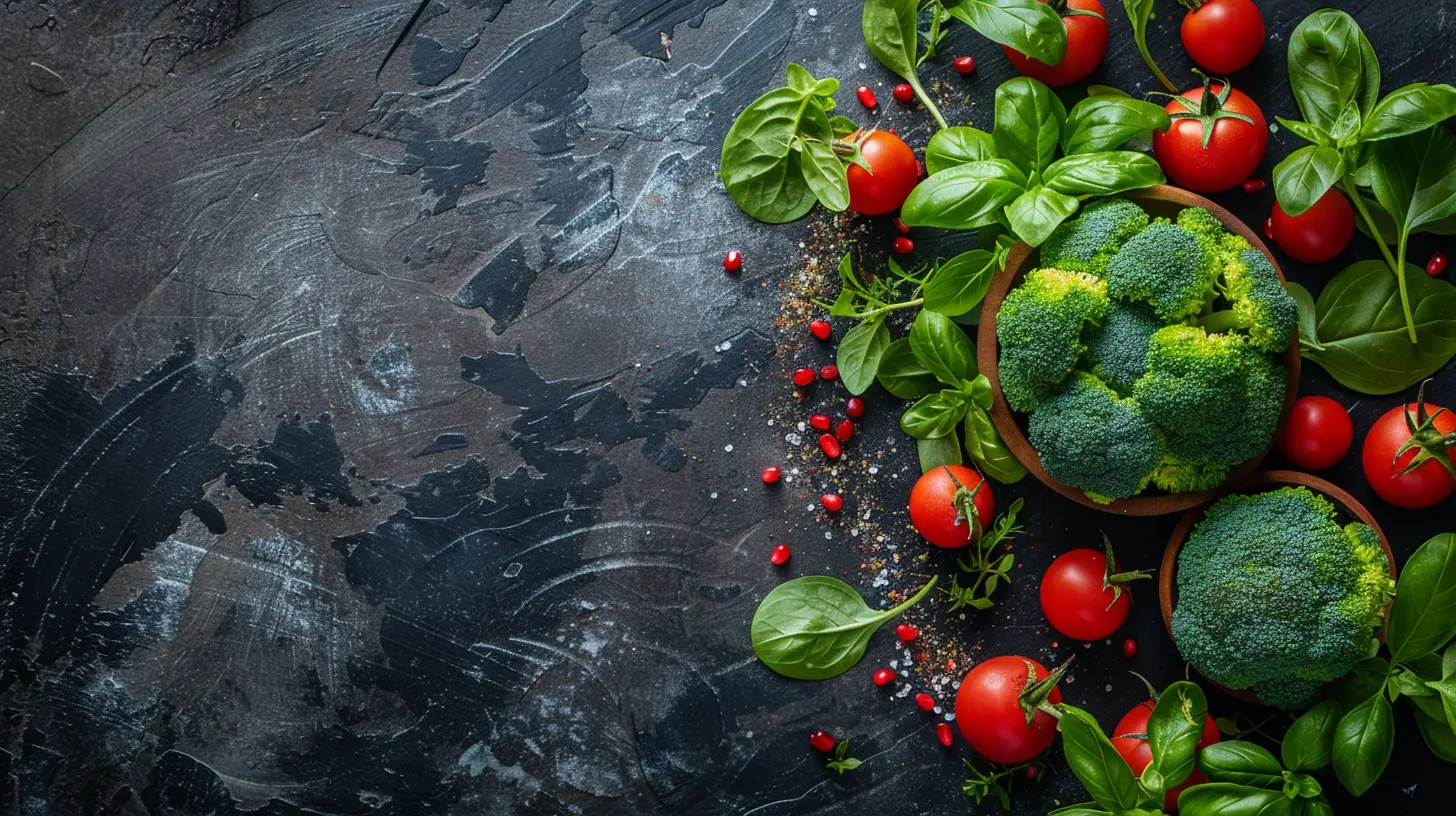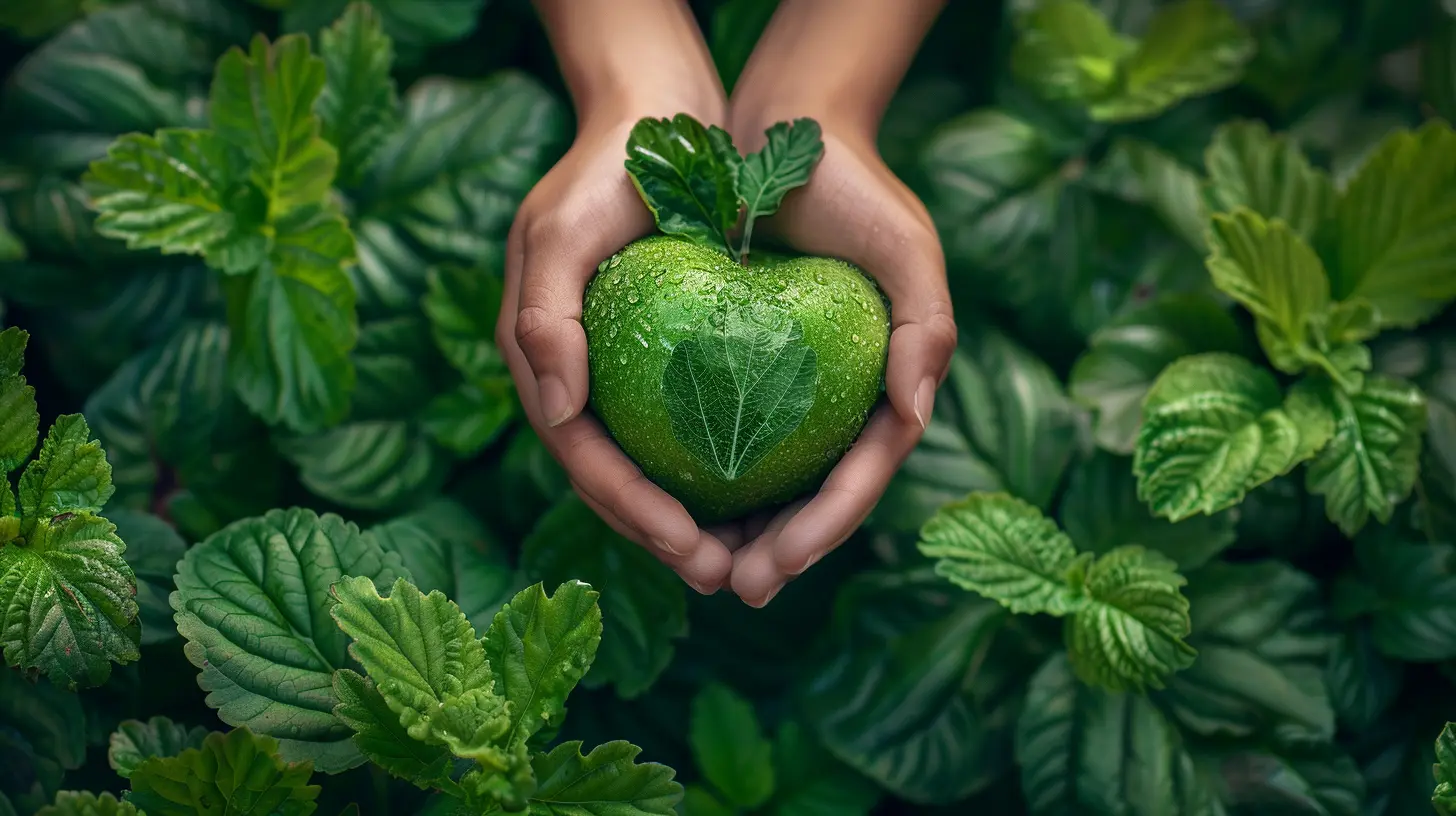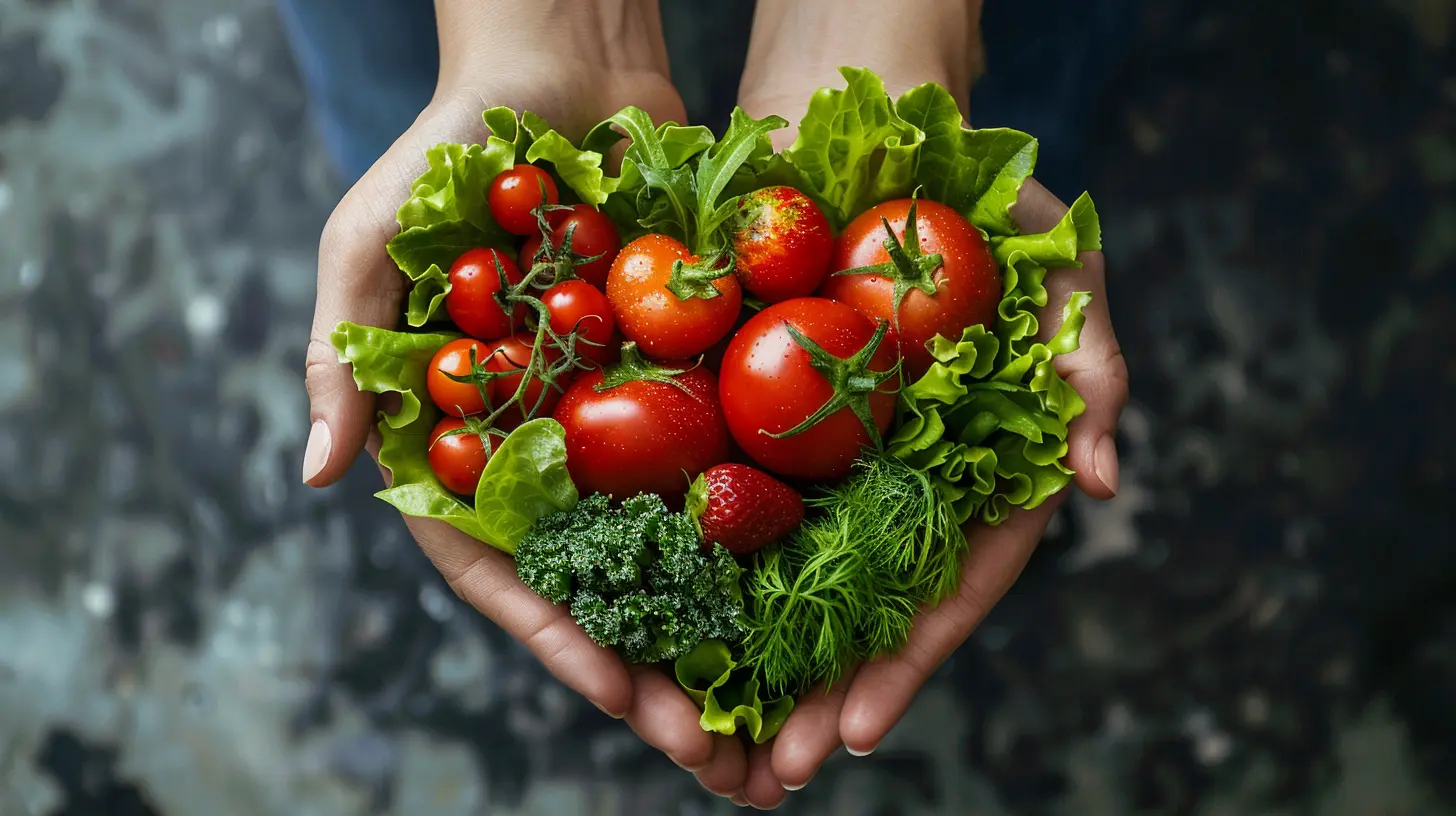Sustainability and Its Impact on Your Health Choices
15 June 2025
When we think about sustainability, most of us picture environmental conservation—saving the trees, reducing carbon footprints, or cutting down on plastic waste. But have you ever considered how sustainability directly affects your health choices?
From the food you eat to the personal care products you use, sustainability plays a bigger role in your well-being than you might think. In this article, we'll break down how your daily choices impact not only the planet but also your overall health. 
What Is Sustainability?
Sustainability isn't just a buzzword—it's a way of life. At its core, it means making choices today that won't compromise the resources and well-being of future generations. It focuses on three key pillars:- Environmental sustainability (protecting natural resources)
- Economic sustainability (supporting fair trade and ethical businesses)
- Social sustainability (ensuring communities thrive)
When applied to health, sustainability means choosing products and habits that promote long-term wellness for both yourself and the planet. 
How Sustainability Impacts Your Health Choices
Now, let’s dive into how sustainable choices affect your personal health.1. The Food You Eat
Ever heard the phrase, “You are what you eat”? Well, it’s true. The type of food you consume has an impact not only on your body but also on the environment.Organic vs. Conventional Foods
Organic food is grown without synthetic pesticides or harmful chemicals. When you choose organic, you’re not only reducing your exposure to toxins but also supporting farming practices that are kinder to the soil and local ecosystems.Locally Sourced & Seasonal Eating
Buying from local farmers’ markets means fresher produce, fewer preservatives, and reduced carbon emissions from transportation. Plus, seasonal fruits and vegetables often contain higher nutrient levels since they’re harvested at peak ripeness.Plant-Based Eating & Sustainability
You don’t have to go full vegan, but reducing meat consumption even a few times a week can have a positive environmental and health impact. Meat production contributes to greenhouse gas emissions, and excessive red and processed meat consumption has been linked to health risks like heart disease.A diet rich in fruits, vegetables, whole grains, and plant-based proteins is a win-win for both your health and the planet.
2. The Products You Use
From skincare to cleaning supplies, the products we use every day contain chemicals that can either help or harm us.Toxins in Personal Care Products
Many cosmetics, shampoos, and lotions contain harmful chemicals like parabens, phthalates, and sulfates. These substances can disrupt hormones and cause skin irritation. Opting for natural, eco-friendly products helps both your well-being and reduces water pollution.Eco-Friendly Cleaning Products
Household cleaners often contain harsh chemicals that contribute to indoor air pollution. Switching to plant-based or biodegradable cleaners can reduce health risks like respiratory issues and skin allergies.3. Sustainable Lifestyle Choices
Living sustainably doesn't mean you have to overhaul your entire life. Small, mindful changes can have a big impact on both your health and the planet.Reducing Plastic for a Healthier You
Did you know that plastic containers, especially when heated, can release harmful chemicals into food? Choosing glass, stainless steel, or BPA-free options can help prevent chemical exposure and reduce plastic waste.Fast Fashion & Its Hidden Health Effects
The fashion industry is one of the biggest environmental offenders, but it also affects health. Many fast fashion garments contain synthetic dyes and flame-retardant chemicals that can cause skin irritation. Opting for organic cotton, hemp, or sustainable brands helps both your skin and the environment.Minimalism & Mental Well-Being
Sustainability isn’t just about physical health—it impacts mental health too. Clutter and overconsumption often lead to stress and anxiety. Choosing quality over quantity and embracing a minimalist lifestyle can create a more peaceful, fulfilling life.
The Benefits of Sustainable Health Choices
Now that we’ve covered how sustainability affects your health, let’s talk about the benefits.1. Fewer Toxins in Your Body
By opting for organic foods, eco-friendly beauty products, and toxin-free household items, you reduce the number of harmful chemicals your body absorbs over time.2. Stronger Immune System
A nutrient-rich diet packed with whole foods enhances immunity, keeping you healthier in the long run.3. Better Air Quality
Switching to sustainable alternatives like natural cleaning products and avoiding synthetic fragrances improves indoor air quality, reducing respiratory issues.4. Enhanced Mental Health
Living sustainably fosters a simpler, more intentional lifestyle. Knowing that your actions contribute to a healthier planet can create a sense of fulfillment and peace of mind.
How to Start Your Sustainable Health Journey
Feeling overwhelmed? Don’t worry—you don’t have to change everything overnight. Here are some small steps to get started:- Swap Plastic for Reusable Alternatives – Use glass or stainless steel water bottles, food containers, and shopping bags.
- Buy Local & Seasonal Produce – Support local farmers and enjoy fresher, more nutritious foods.
- Read Labels Carefully – Choose products with natural ingredients and avoid harmful chemicals.
- Reduce Meat Intake – Try “Meatless Mondays” or plant-based meals a few times a week.
- Prioritize Quality Over Quantity – Invest in durable, sustainable products rather than cheap, disposable ones.
The key is to make small, realistic changes that fit into your lifestyle. Every action counts!
Final Thoughts
Sustainability isn’t just about protecting the planet—it’s about protecting you. The choices you make regarding food, personal care products, and lifestyle habits all contribute to your long-term well-being.By choosing sustainability, you’re not only investing in your health but also creating a healthier world for future generations. And let’s be real—who doesn’t want to feel good while doing good?
So, what small sustainable change will you start with today?
all images in this post were generated using AI tools
Category:
Healthy ChoicesAuthor:

Laurie Barlow
Discussion
rate this article
2 comments
Coral McCollum
Embracing sustainability not only benefits our planet but also enhances our well-being. By making mindful health choices, we nurture our bodies while supporting a healthier environment. Let’s inspire each other to create a positive impact, one sustainable choice at a time! 🌱💚
June 23, 2025 at 3:53 AM

Laurie Barlow
Absolutely! Embracing sustainability is a win-win for both our health and the planet. Every mindful choice counts towards a brighter, healthier future. 🌍💚
Pamela McIntire
Sustainable health choices not only benefit the planet but also enhance personal well-being. By opting for locally sourced foods, reducing waste, and supporting eco-friendly products, you can improve your nutrition and mental health. Small changes in your lifestyle can lead to significant health benefits and a more sustainable future.
June 19, 2025 at 3:53 AM

Laurie Barlow
Absolutely! Embracing sustainable health choices not only nurtures the environment but also boosts our personal well-being. Small shifts in our lifestyle can yield profound benefits for both health and the planet.


